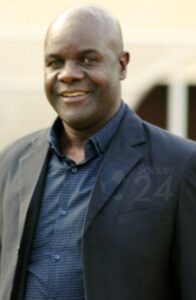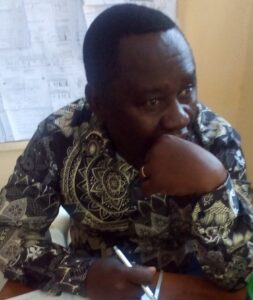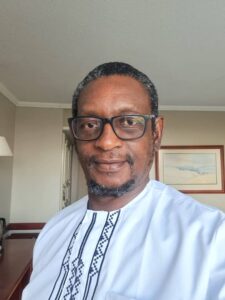VIEW POINT
By Norman Mwale
President Emmerson Mnangagwa’s administration has implemented various developmental activities across different sectors. The government has invested heavily in infrastructure development, including road construction, irrigation rehabilitation, and dam building, aiming to improve the country’s infrastructure and attract investors.
Strategic investments in agriculture, such as irrigation, mechanization, and agribusiness development, have bolstered yields and improved food security at household and national levels.
In the education sector, the government has commissioned new government schools, including 17 schools funded by the OPEC Fund for International Development (OFID), to improve access to quality education.
Additionally, the Presidential Borehole Drilling Scheme has been accelerated to provide safe and clean water for communities, particularly in areas affected by cholera outbreaks.
The government is also prioritizing youth empowerment through the development of the National Youth Empowerment Strategy, which aims to increase youth involvement in the country’s economic and social transformation.
This strategy focuses on sectors like agriculture, ICT, creative arts, and green energy. Furthermore, Zimbabwe is working towards boosting generating capacity and attracting fresh investment in the energy sector, including coal production and hydropower projects like the Lake Mutirikwi plant and the Batoka Gorge plant.
President Mnangagwa has been actively promoting Zimbabwe as an investment destination, showcasing the country’s opportunities and potential to global partners at events like the Osaka Expo and the African Energy Week.
These initiatives demonstrate the government’s efforts to drive development and economic growth in Zimbabwe, and its commitment to improving the lives of its citizens.
In Kwekwe, for instance, the city council has implemented various projects, including road rehabilitation and industrial park development.
However, the gold industry in Kwekwe has been a contentious issue, with many Zimbabweans expressing concerns that the country’s resources are being exploited for the benefit of a few individuals.
The gold industry in Kwekwe is characterized by artisanal mining, with many miners operating informally.
While the government has implemented initiatives to formalize the mining sector, Concerns remain about the environmental and social impacts of mining.
Additionally, concerns have been raised about the concentration of land ownership, with a minority holding vast tracts of land for commercial and private use, often linked to powerful individuals and elites, thereby limiting access to land for the majority.
Despite these challenges, Mnangagwa’s administration has made efforts to revitalize the economy and improve infrastructure.
The government has implemented policies aimed at stimulating economic growth, including the National Development Strategy (2021-2025) and the Transitional Stabilisation Programme.
However, the economy continues to face significant challenges, including high unemployment (over 90%) and poverty rates (over 80%).
Critics argue that the government has failed to address pressing issues like corruption, poverty, and human rights abuses.
Concerns have been raised about human rights abuses, including restrictions on freedom of expression and assembly. The healthcare and education sectors continue to face significant challenges, including inadequate funding, infrastructure, and resources.
The recent push to extend Mnangagwa’s term to 2030 has sparked controversy and division within the ruling party and among citizens.
As Zimbabwe approaches the 2028 elections, citizens will be evaluating Mnangagwa’s government’s performance and deciding on the country’s future leadership.
The success of Vision 2030 will depend on addressing the nation’s pressing issues and ensuring inclusive, sustainable development.




